The last three decades have brought about a series of global changes from the fall of the Berlin Wall to the rise of ISIS. Increasingly, domestic and international forces interact to make local issues “go viral.” On October 17, Governance Studies Vice President Darrell West moderated a panel discussion of these and other ideas presented in his new book, Megachange: Economic Disruption, Political Upheaval, and Social Strife in the 21st Century. The book aims to put recent developments in a broader historical context, reaching beyond recent memory to find analogues to today’s events several centuries in the past. In his introduction of the event, West advocated for reforms that will make slow-moving institutions more resilient to rapid social and economic changes.
https://www.youtube.com/watch?v=7bbthpJimAE
During the discussion, panelists questioned the theory that progress continues positively into the future. With the Brexit vote in the United Kingdom and the presidential election in United States, anxiety over economic insecurity and cultural shifts are stoking fears of further change. To overcome this instability, the panelists offered recommendations such as simplifying the tax code, upgrading the skills of workers, and Marshall Plan-style investment in economically depressed areas. How the Republicans and Democrats react to the outcome of the 2016 election will also determine the political landscape going forward. Whether or not voters and politicians can find consensus, the large-scale transformations described in Megachange are bound to continue well into the future.
The Brookings Institution is committed to quality, independence, and impact.
We are supported by a diverse array of funders. In line with our values and policies, each Brookings publication represents the sole views of its author(s).

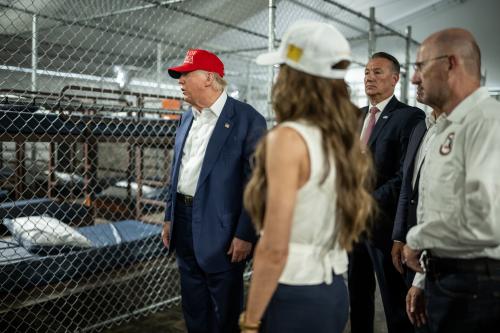
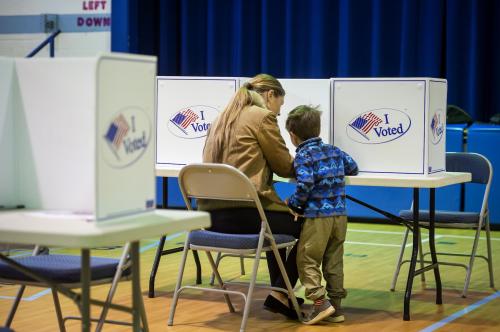
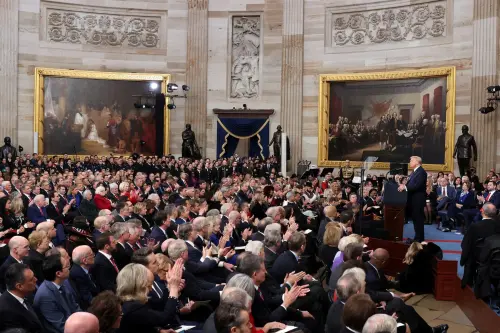
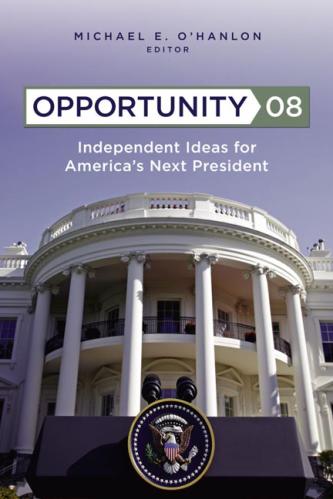

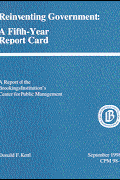



Commentary
How will institutions adapt to accelerating change?
October 18, 2016